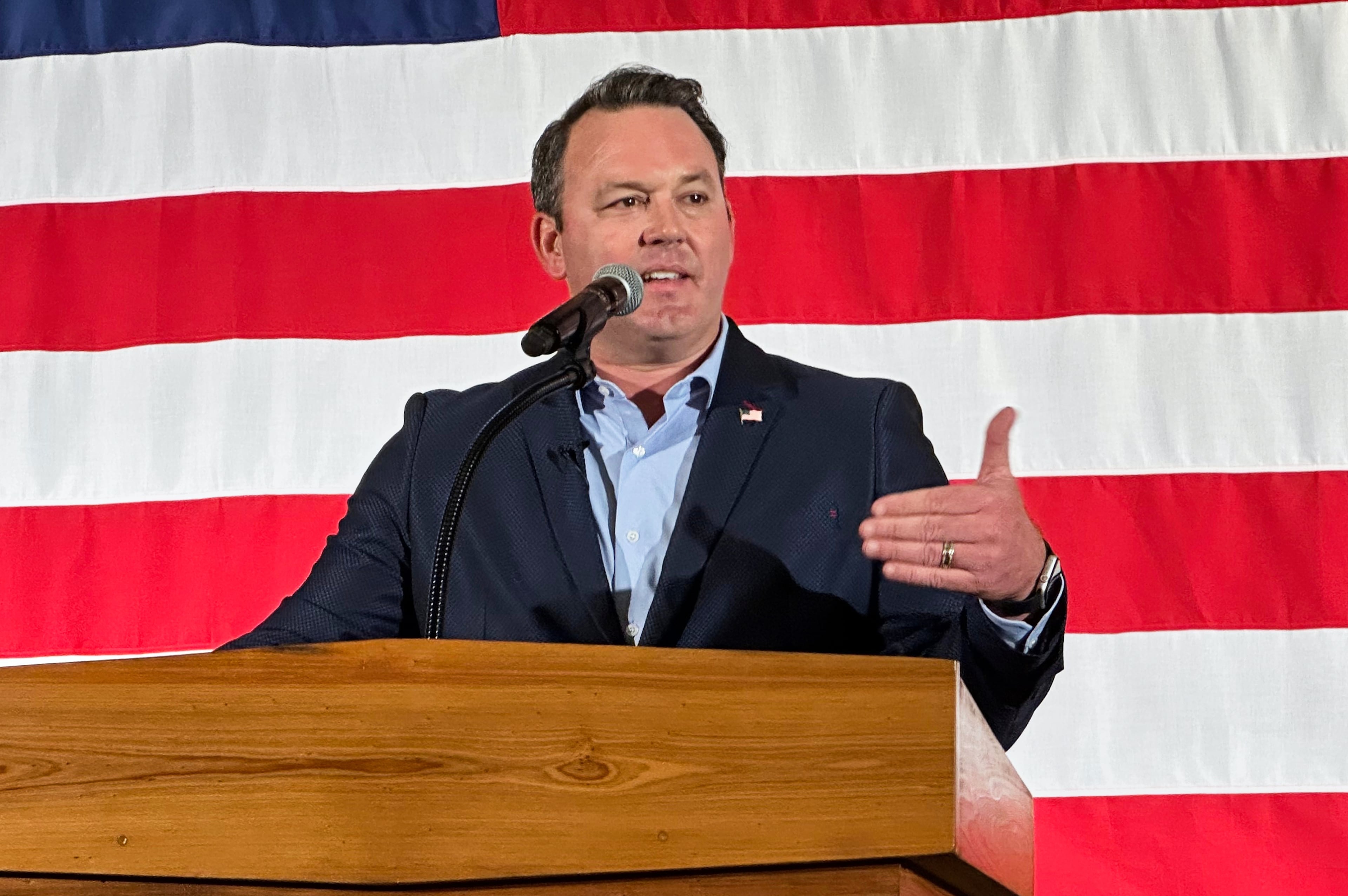GSU: Metro Atlanta’s economy will continue to grow in 2019
Both the recent roller-coaster of the stock market and the added costs of tariffs are headwinds for Georgia's economic growth, but neither will flip the economy off-track, according to a high-profile forecast from Georgia State University.
Job growth will slow in the coming year, but remain solid, predicted Rajeev Dhawan, director of the Economic Forecasting Center at Georgia State. He also predicted that unemployment will stay low and employers will expand by 68,900 jobs in 2019.
Atlanta will account for nearly 70 percent of the job growth, he said during Wednesday's quarterly economic conference.
The decision of Amazon to turn its back on Atlanta, choosing to place its second headquarters in both New York and metro Washington, D.C., is not a reflection on the region’s prospects, Dhawan said. “The underlying trend of the economy is healthy.”
The upbeat, if not spectacular, prognosis for Atlanta does not take into account the recently approved, $5 billion plan for a development in downtown, he said.
"I am not factoring any of that in until see some visuals, some work being done," Dhawan said of the Gulch plan.
He said it wasn't clear yet whether huge projects would help stimulate growth or just "cannibalize" growth that would have occurred elsewhere in metro Atlanta.
Growth has been steady in Atlanta, despite sluggishness much of the year from the corporate sector. Many of the large companies doing business overseas seemed to pause in their hiring, perhaps partly because of worries about the trade war with China.
And tariffs are a concern, Dhawan said.
They are raising the costs of materials used by American companies and nudging the price of items on shelves higher. Moreover, tens of thousands of workers in Georgia move, warehouse and deliver millions of packages and other goods that are shipped in and out of the country.
Even if they do not reach crippling levels, the direction seems clear, Dhawan said. "The amount of trade will be less going forward – that is what happens if you put in a tariff," he said.
Less trade would likely lead to a strengthening dollar, he predicted. “And a strong dollar is not a friend of the stock market.”
U.S. stock markets rose steadily through most of the year, fell hard in mid-autumn, "gyrations" that could rattle companies concerned about raising capital for expansion, he said. But the market came back strong in November.
"Now, if the stock market goes into 'bear' territory, if it falls 20 percent down, then it would have an impact on spending," he said. "But it would also have an impact on the Federal Reserve."
The Fed has been raising interest rates, slowly, but steadily. That makes borrowing more costly. But a steep stock market decline would almost certainly persuade the Fed to stop tapping the brakes, Dhawan said.
With jobs plentiful, incomes growing and inflation still low, the confidence of consumers and companies like has remained high, he said.
The mixed results of the election figure in that, since now the Democrats will hold one House and the Republicans the rest of government, Dhawan said. “I think tax cut 2.0 is not going to happen. But even if there’s nothing more, there isn’t going to be a pullback either.”
Atlanta's unemployment rate now is 3.1 percent. Dhawan predicted a slight uptick to average 3.9 percent next year, still a historically low level.
Forecast for employment, Georgia
2018: 90,600
2019: 68,900
2020: 55,500
Source: Georgia State University Economic Forecasting Center
Past and forecast, Georgia’s unemployment rate
2017: 4.7 pecent
2018: 4.1 percent
2019: 4.1 percent
2020: 4.2 percent
Source: Georgia State University Economic Forecasting Center
Forecast, change in housing permits in metro Atlanta
2018: 10.8 percent
2019: -3.8 percent
2020: 0.4 percent
Source: Georgia State University Economic Forecasting Center



